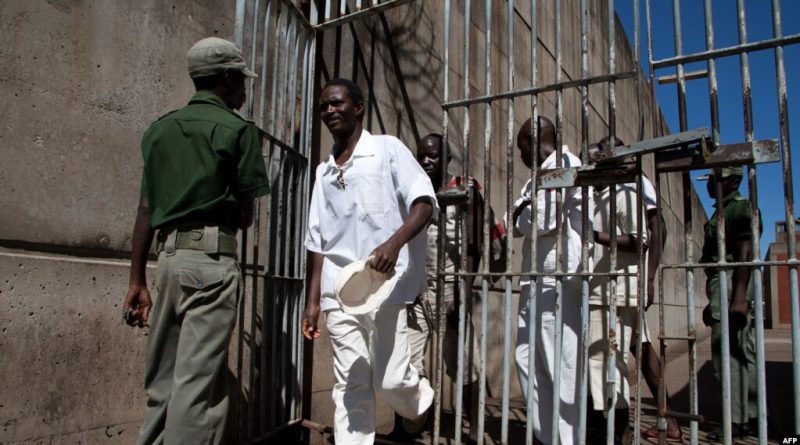Death penalty discriminates against men: citizens
By Lewis Kuchineyi
Some sections of the Zimbabwean society have said the death penalty which currently exists in the country is discriminatory against men, as women are not sentenced to death, no matter the magnitude of the crime.
The submissions came out of the recently held public consultations which were being held across the country.
Director in the Ministry of Justice, Legal and Parliamentary Affairs, Netsai Zvakasikwa speaking on the side lines of the consultations in Gweru confirmed that there is an outcry across the country on the issue.
“Others are also saying the constitution is discriminatory for subjecting only men to death sentences whilst leaving out women who committed a similar crime and some are ok with the current setup,” she said.
Adding to the debate a Gweru based legal practitioner with the Legal Resources Foundation, Shiela Mhlanga said that death sentence should be scrapped as it is motivated by revenge, an eye for an eye which does not have a place in modern day civilisation.
“Death penalty is inhuman and vengeance in nature that is driven by emotional reaction. The law is very foreign and harsh for it to be efficient in Zimbabwe. We are geared towards rehabilitation criminals as a country instead of retribution and must focus on transforming criminals into better people,” she said.
Some of the citizens in attendance said that, “People change and there is chance for reform as there are programmes to rehabilitate people in jail.
“There is reason for shifting from ZPC to ZPCS because now the job of prisons is to rehabilitate and correct. So let’s rehabilitate and not kill. Life is a right according to the constitution of Zimbabwe and it is ‘unAfrican’ to kill an offender, murderer, but compensations (kuripa) were the norm,” one of the participants said.
However, another section of the society feels the death penalty must be maintained arguing that, the scrapping of the penalty will see some people killing with impunity.
The consultations were spearheaded by The Ministry of Justice, Legal and Parliamentary Affairs with support from the Centre for Applied Legal Research and the Embassy of Switzerland.




